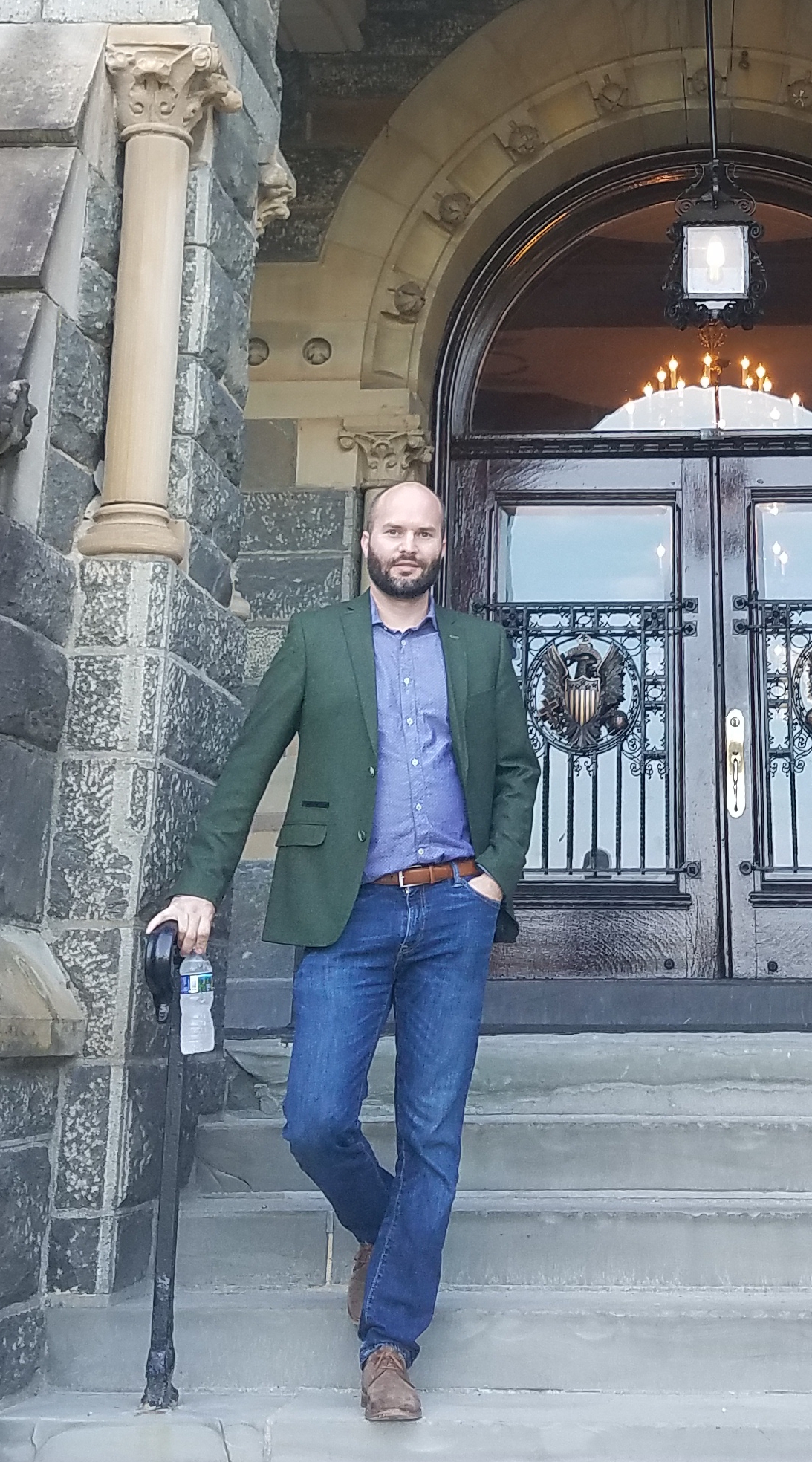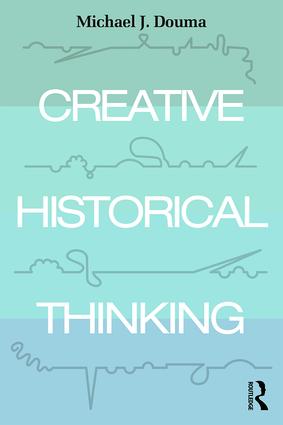
When you have a free afternoon sometime, go visit the archives of the Holland Museum, and ask for an old account book of the Boone Lumber Company (collection T00-1600.5). Set the account book in front of you on a table, open it somewhere in the middle, lean forward and breathe. Suddenly, the smells of a 19th-century lumber yard will fill your nostrils. Trapped in those pages, for well over a hundred years, is the dust of oak, cedar, pine, and hemlock, a testimony to a past age.
Typically, when historians want to learn something about the past, they seek words, not smells. They also tend to put texts before photographs, and letters before old buildings. All too often, historical research is limited to the papers of politicians at the national archives. And, at many universities, history is taught as mostly a set of fixed content, separate from one’s one interests and personal history. Sometimes, history can feel distant and impersonal.
But as a student at Hope College, I was inspired to look at history from different angles and find connections to my own concerns. I read my fair share of classic texts by Alexis DeTocqueville, Frederick Douglass, and the like, but I also participated in oral history projects, surveyed local historic architecture, wrote for campus publications, worked in and traveled to archives and museums. Classroom lessons in historical thinking inspired me to think about the myriad ways one might approach historical questions. History department events and invited speakers initiated me into the cult of the footnote. By the time I went off to graduate school in history, I had a set of diverse and profound experiences that taught me to approach the past from different angles.
 Now, having written a book titled Creative Historical Thinking, I can reflect on what makes a creative environment. Creativity, it seems clear, can only develop when people feel comfortable in asking questions and “playing” with ideas. In his famous 1938 study Homo Ludens (playing man), Dutch historian Johan Huizinga explained that play was the cessation of formal rules, which could be set aside for a short period of time, so that we can experiment with new ideas. Play is not disorder and lack of seriousness; it is precisely what we must do if we are to discover new kinds of order, as well as new and serious bits of information. Play, Huizinga wrote, was at the core of culture.
Now, having written a book titled Creative Historical Thinking, I can reflect on what makes a creative environment. Creativity, it seems clear, can only develop when people feel comfortable in asking questions and “playing” with ideas. In his famous 1938 study Homo Ludens (playing man), Dutch historian Johan Huizinga explained that play was the cessation of formal rules, which could be set aside for a short period of time, so that we can experiment with new ideas. Play is not disorder and lack of seriousness; it is precisely what we must do if we are to discover new kinds of order, as well as new and serious bits of information. Play, Huizinga wrote, was at the core of culture.
Hope College certainly offers a comfortable environment for those who wish to ask questions. Indeed, there is a campus culture of inquisitiveness and respect. In a small, friendly history department, students enjoy the advantage of being able to forge relationships and get personal feedback from their professors. Small group exercises in class give students the opportunities to think creatively about how history is written, and who controls the narrative. Connections to local historical agencies give students the opportunity to practice in the field.
The old proverb rings true, that people might forget what you said, but they will never forget how you made them feel. Hope makes you feel like a person, not a number. Studying history within a liberal arts tradition highlights the importance of individuals and individual rights, of culture and tradition, religion and being. In the process of studying history, we not only satisfy our own curiosity, but we build connective social tissues. History must always begin with the individual, develop through curiosity and play, and come together for social ends as we relate what we have discovered. Whether it is studying their Reformed heritage, their own ethnic background, or the great moments in world history, Hope history students have real opportunities to think creatively about history, and to approach it from their own perspective.
To be creative, you must put your fears aside and be open to new experiences. So, I implore you to start looking for new ways to think about and write history. Get my book. Or, for other inspiration, go to the museum; get a whiff of that lumber yard account book. It just might bring you back in time, and change how you think about the past.


Michael,
I so appreciated your essay, its unpretentiously elegant writing, its wise advice, its welcoming voice, and and and
And congratulations on your book and on your work at Georgetown.
I wish you all the richness there can be in all your days
Jack Ridl who never got to be with you at the college. Sadly.